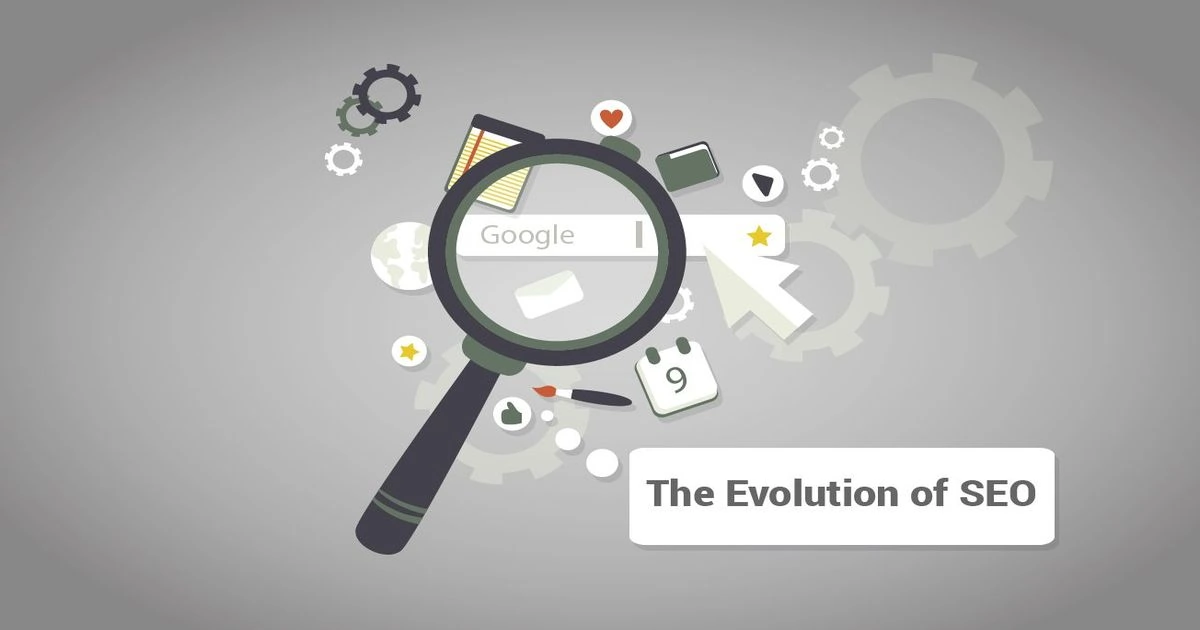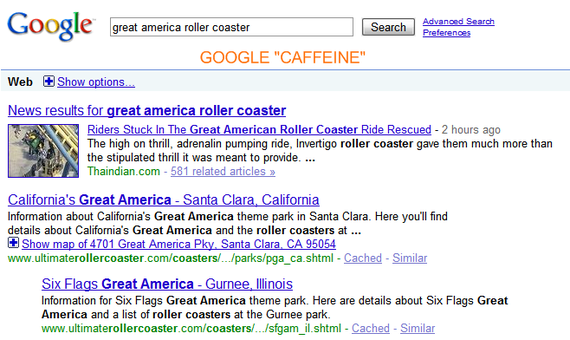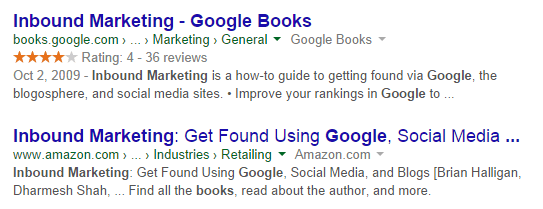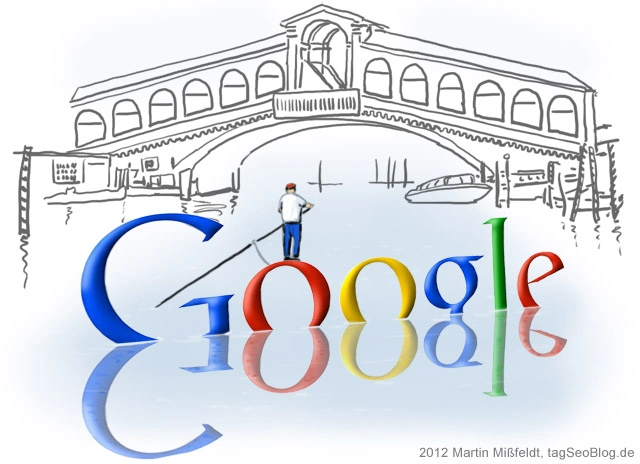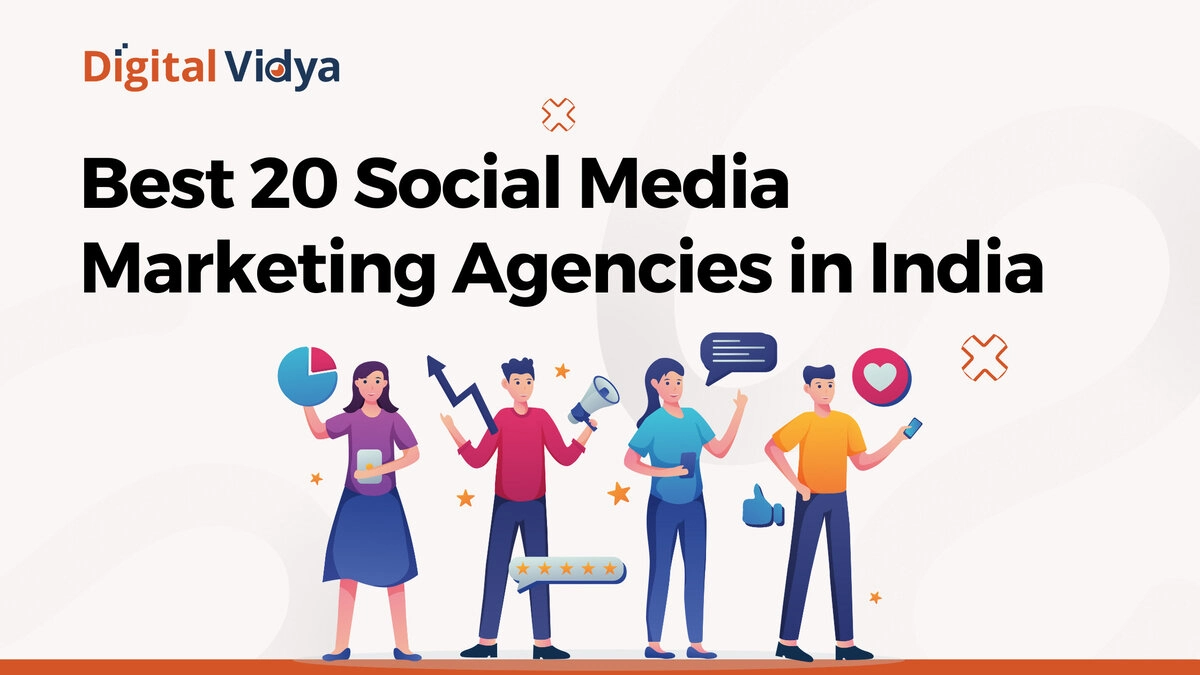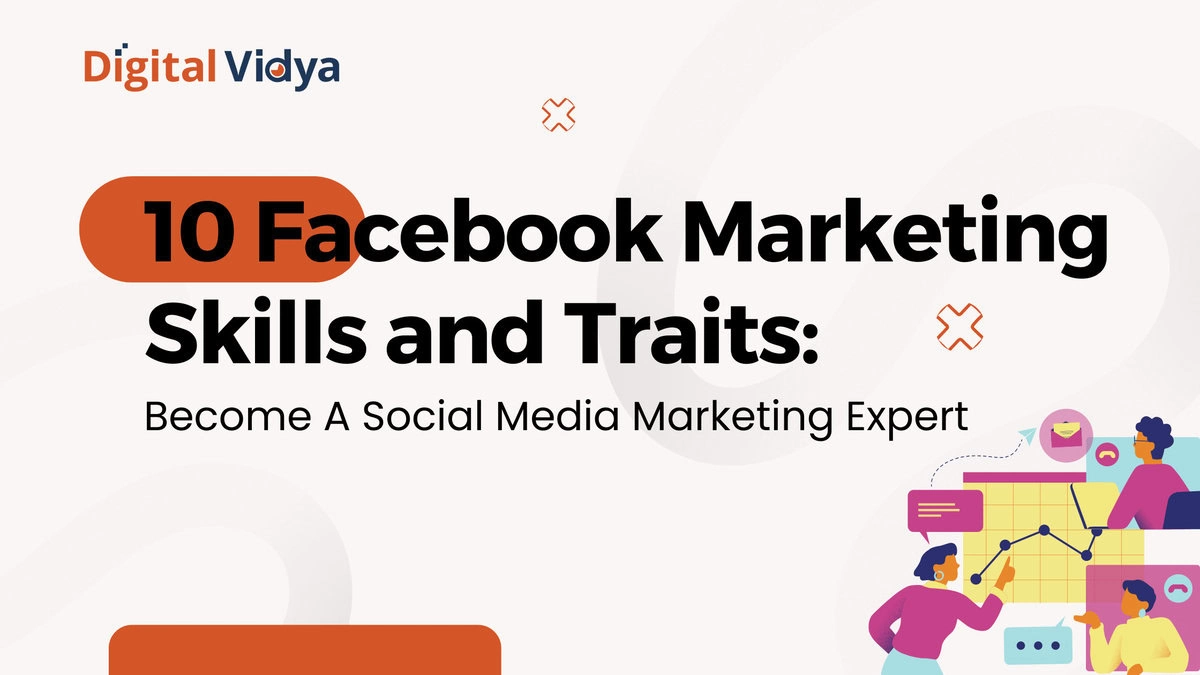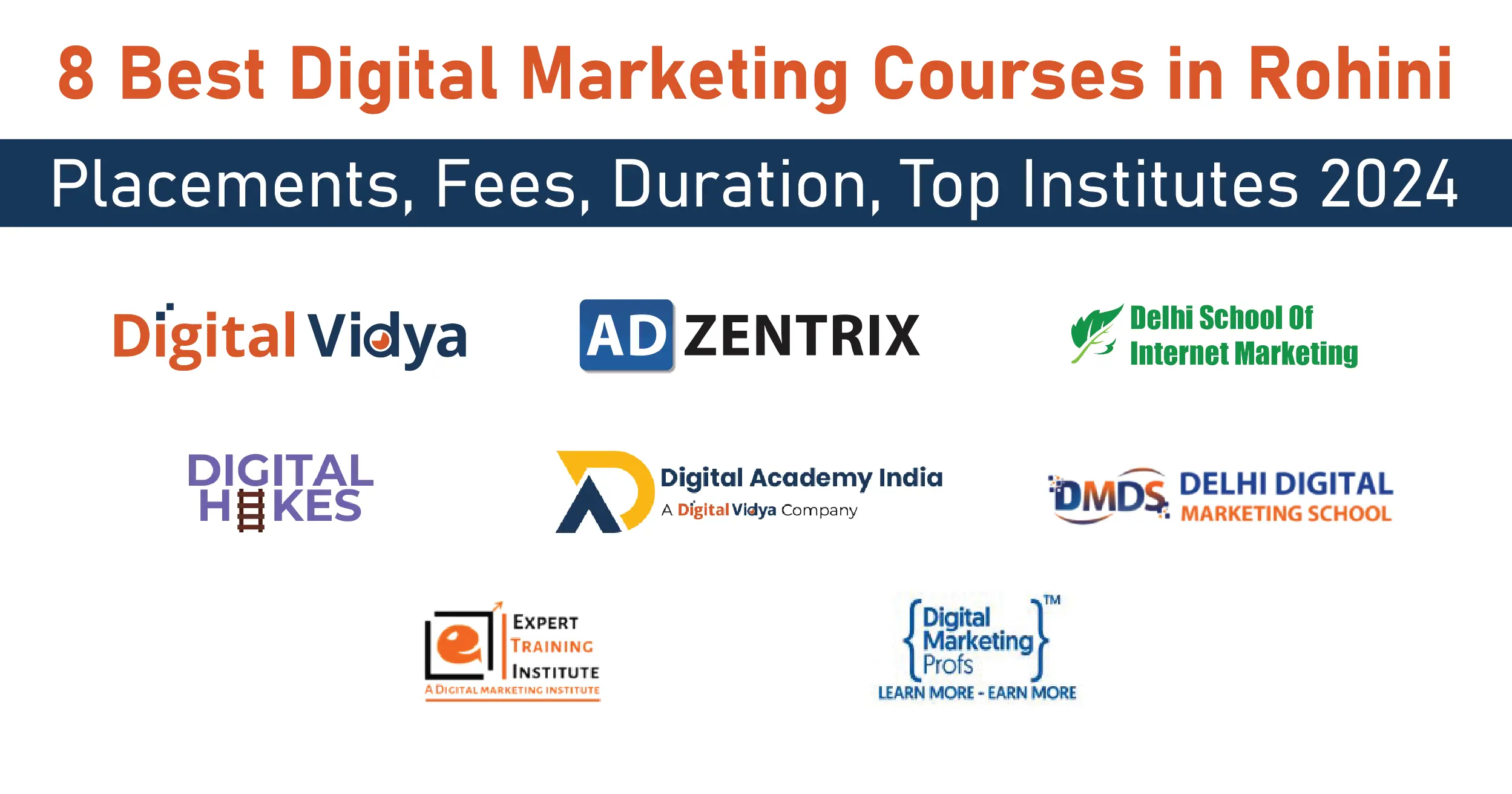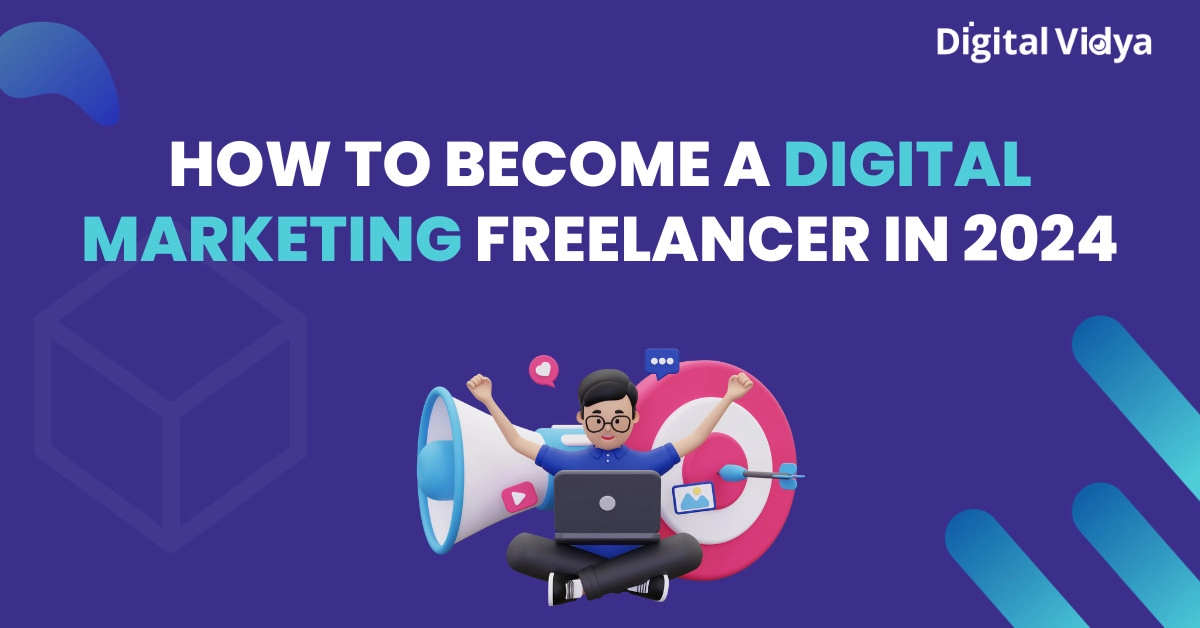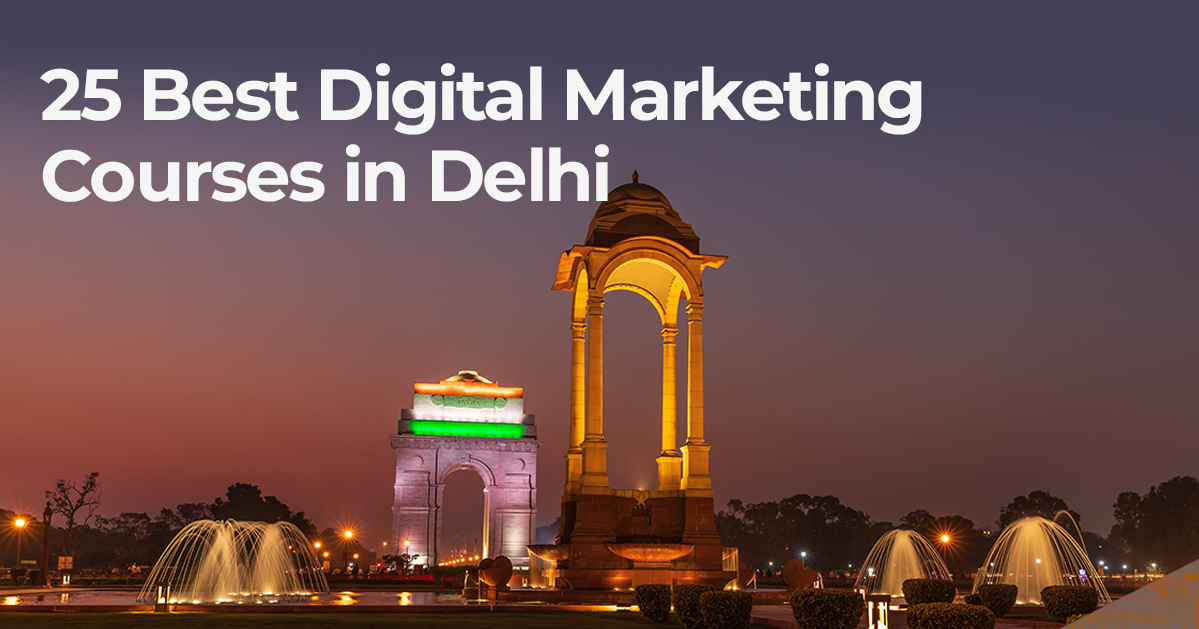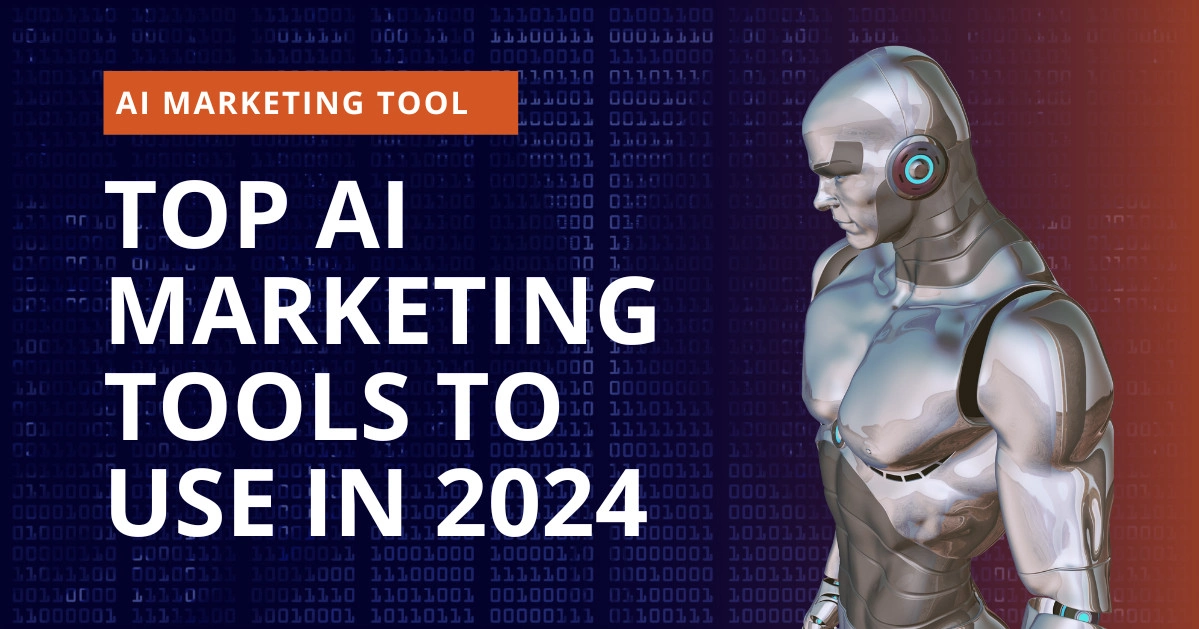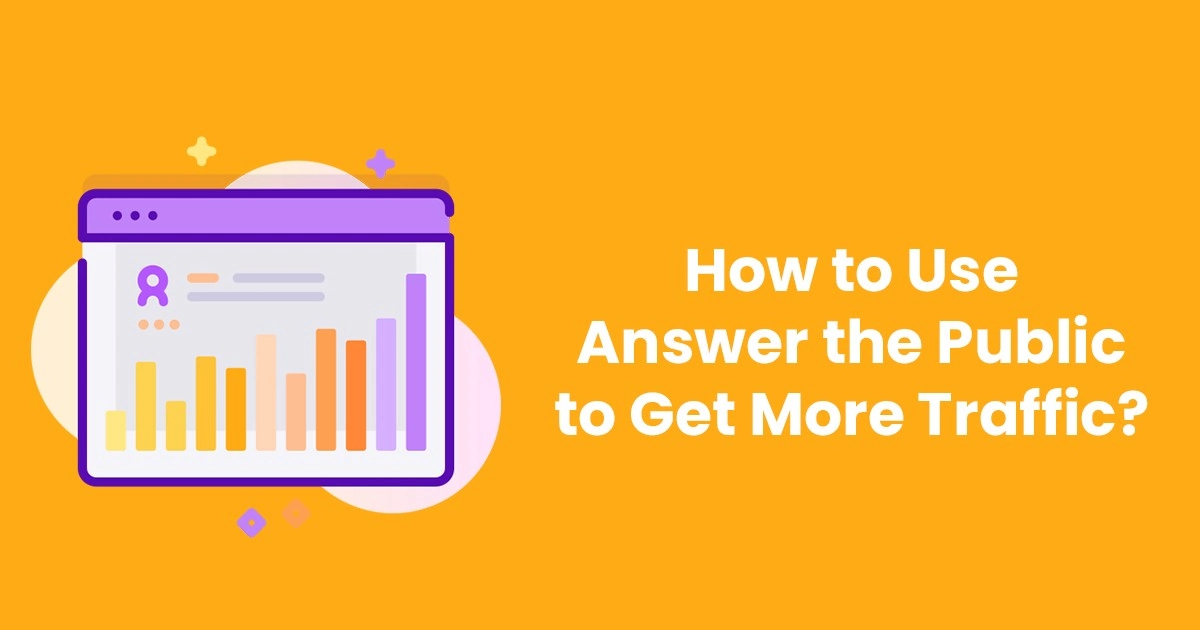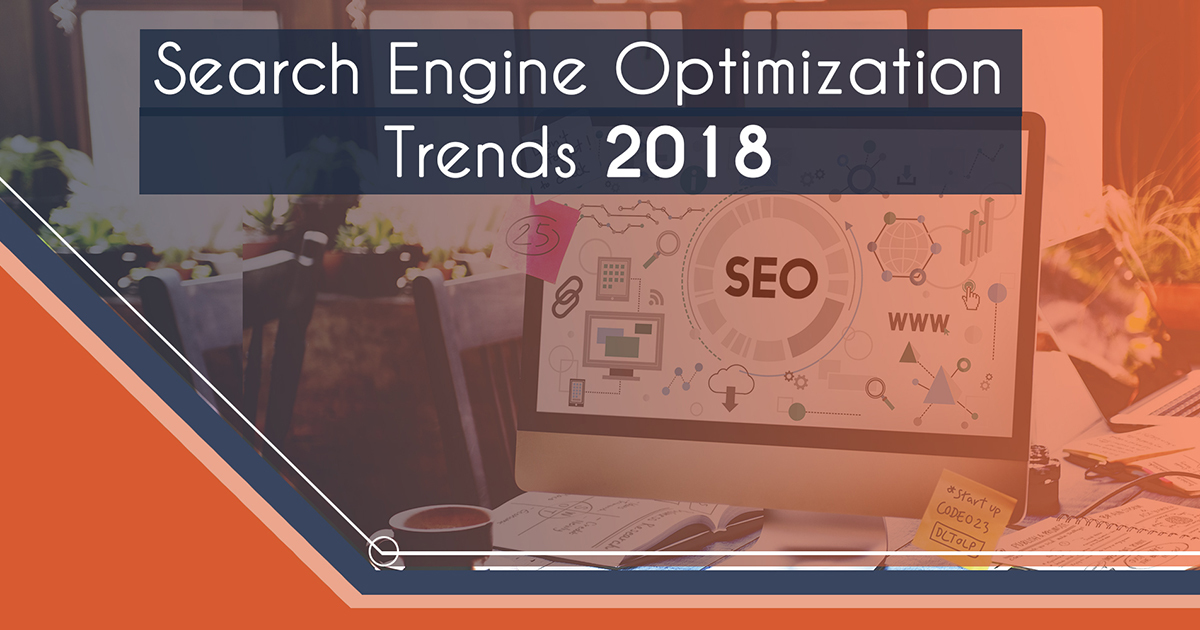Search Engine has surely evolved right from the time when Google started in 1998 till today.Search is on a continuous path of evolution, it’s growing and updating at a very fast pace.The way we search today is completely different from the search that happened back in 1998. Earlier search engine worked as a directory and stored in it all the important information from different fields but it was not able to show any current updates but that not the case today.

The four major evolution in Search Engine that happen are :-
- Being Current Or The Caffeine Update Or Freshness Update
- Processing Natural Language
- Structured Data : Schema.org
- Combine Explicit Search Queries with Implicit aspects
Understanding these 4 evolutions will provide sufficient amount of knowledge in the area of Search Engine Optimization and will help to optimize the landing pages better so that we can be ranked better in search results.
#1) The Caffeine Update Or Freshness Update
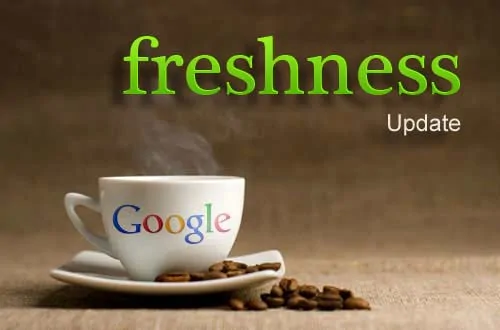
The caffeine update was introduced by Google in 2009. It is a new web Indexing system whose main aim is to provide 50%fresher results for web searches than the last index, and to offer largest collection of web content. Whatever it is say a social media, news story, a blog post or a forum because of caffeine update one can find links to relevant content much sooner after it is published than it was possible before the update.
How Caffeine Works
Content on the web is blossoming. It’s growing not just in size and numbers but with the advent of video, images, news and real-time updates, the average webpage is richer and more complex. In addition, people’s expectations for search are higher than they used to be. Caffeine update is important because a person searching the web wants to find the latest relevant content and obviously the person publishing the content online expects that their content is found the instant they publish it.
To keep up with the evolution of the web and to meet rising user expectations, Caffeine was built. The image below illustrates how old indexing system of Google worked compared to Caffeine:
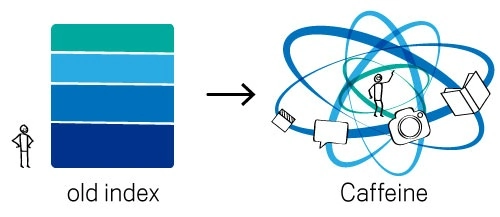
What Caffeine does?
Just like after drinking a coffee we get the energy to keep on going and going obviously because of the caffeine in it (caffeine provides the energy to remain fresh throughout the day ), Google Caffeine update has the same moto it analyzes the web by small portions because of which they are able to update their search indexes on the continuous basis. So whenever Google sees new content it instantly adds it up to their index.It just keeps on going and going. Which consequently means that we become happy searchers because we are now able to find fresher content than ever before!
Google Caffeine
So how will Google’s Caffeine affect SEO?
Google’s Caffeine has created more opportunities for SEO practitioners, here is how:-
First, I think Social media can take advantage of this. Facebook and Twitter can claim the thrones of SERPs through this new engine. People provide fresh new content per second (or half a second?) through Facebook and Twitter globally. They can open these content and information up to Google’s new Engine, and no doubt they dominate the SERPs.
Second, content recursion seems like a good idea. Get your older article, paraphrase it then link all your sites to it and hit the publish button. Who would know, right? Google will pick it up and it might just hit gold. I think this is worth a try.
[contentbock id=239]
Third, links, links and more links! Of course, if we have more content, consequently, we will produce more links. My prediction is that Google MIGHT rethink the weight it gives to links – both inbound and outbound since there will be a surplus of links in the days to come.
Fourth, Forum posting and Guerilla blogging would now become the favorites. Of course, if forums and blogs get indexed more often, you’d want to ride their authority and comment and post all you can in different blogs and forums. Of course, try to really comment as a reader in the community and not as a spammer.
And lastly, MORE SEO OPPORTUNITIES FOR US! A change in the search engines can only mean nothing more than money for us SEO practitioners. So celebrate! Thank you Google!
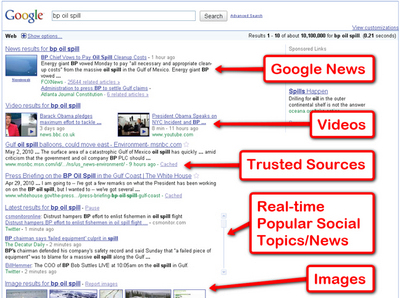
#2) Processing Natural Language in Search Engine
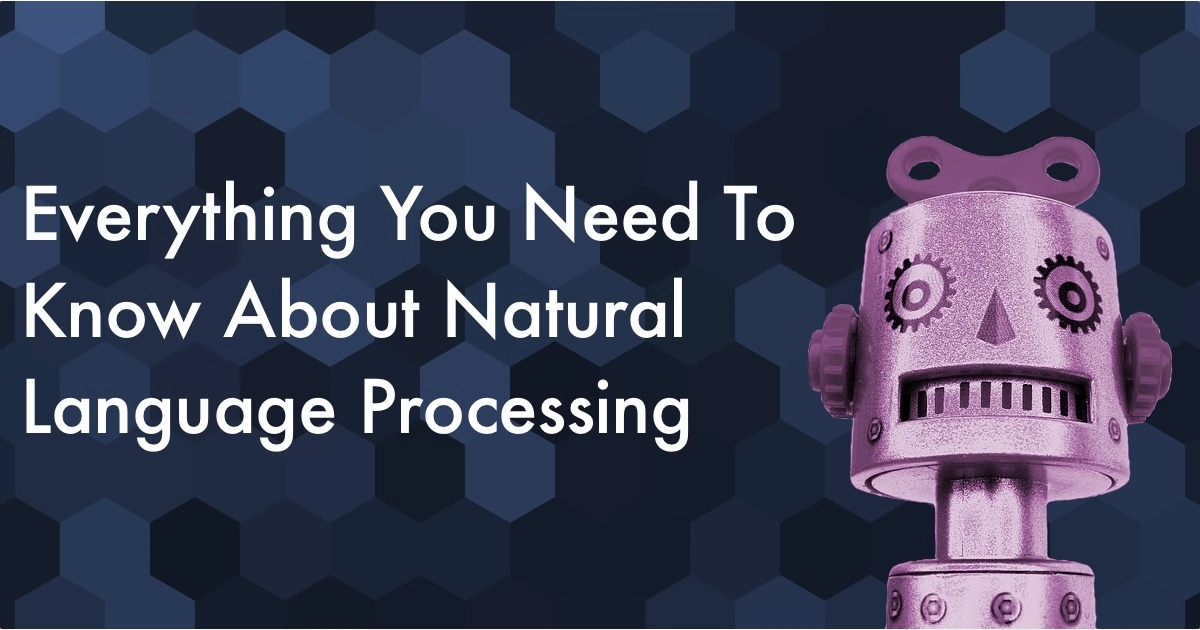
A brief history of Natural Language Processing
Natural Language Processing, or NLP, is a concept that had its genesis in philosophy and matured in the realm of linguistics. For decades, NLP did not make its way into mass-market applications because of technical limitations. One of these was the need for “supervised learning,” which is humans teaching computers how to resolve conflicts of understanding. The last two decades have seen significant advances in the field of computer science. These advances include the development of semantic web technology and machine learning. Together, they have made NLP a reality for many more uses, like the applications we rely on with our mobile phones.
Google’s newer algorithm looks to determine your search intent from several factors. These include:
- What type of device you are using (desktop, mobile phone, tablet)
- Are you typing or using your voice
- Number of consecutive searches
- What else people are searching for
- Related topics

Research shows that topics are more important than keywords
Topic-based approaches take into account the fact that we all think differently and might not be using the same words to find things when searching the internet. They also tend to support searches by less sophisticated users.
This advice is grounded in real research. Take for example this 2012 study by Yvonne Kammerer and Maja Linke. The researchers conducted a laboratory study with 21 children, ages 8 to 10 years old, to determine whether the use of natural-language queries would lead to more successful outcomes for the children when searching the Internet with Google. Their results demonstrated the advantages of natural language queries both quantitatively and qualitatively.
The group had a few key findings:
- The majority of children who used natural language searches such as, “Do all kangaroos have a pouch?” answered questions correctly.
- Children who used keywords tended to start searches with one or two unspecific search terms. Because their results were too broad, they scanned and refined the results in order to eliminate unwanted information. This usually leads to searches with a more specific wording.
- Children who had not used the internet before tended to use natural language search.
- Children who were experienced internet users tended to use the keyword-based approach.
[contentbock id=239]
Things in motion tend to stay in motion
It shouldn’t be a surprise that mobile devices have introduced a number of new challenges for search engines. It is the rapid expansion of mobile device usage that is driving the latest search developments.
Specifically, the users are often on-the-go, perhaps walking or driving, while conducting their search. The context of their activity becomes just as important as the words they enter.

Search engines need to work a bit harder to make sure they capture the intent of their users. For this reason, natural language processing is their friend.
Design Search for Utility
Some of today’s most engaging and search friendly content achieves its status by being very usable. It is worth considering the format you choose for your content so it can be put into action quickly.
But can we go further? Google is continuously innovating with its native content units to provide an experience that transcends search results to fulfill the user need. Take for example this search for the “cheapest restaurants in dc” (pictured below).

Some brands, like Momondo, create incredible resources like Trip Finder to help people find their dream getaway. Natural language processing used by Google has surely led to evolution of Search Engine.
#3) Structured Data: Schema.org
Schema.org is developed by Google, Bing, Yandex, and Yahoo! to help us provide the information. Their search engines have to understand what content we want and then provide the best result for it. Adding Schema markup to HTML improves the way page displays in SERPs by enhancing the rich snippets that are displayed beneath the page title. Schema.org are standards that web administrators or developers can use to demarcate content on their web sites.
For example, the first search result above contains both a star rating and a publication date. Both of these can be added using Schema. The second example does not have rich snippets and instead displays either the meta description or other information chosen by Google.
How does Schema.org work?
Structured data can be used to mark up all kinds of items from products to events to recipes. It is most often used to provide additional information about the following:
- Creative work
- Event
- Organization
- Person
- Place
- Product
A full list of items you can mark up with Schema is available here. Using Schema.org enhances Search Engine experiences for users.
Each type of information has properties that can be used to describe items in more detail. For example, a “book,” which falls under the category “creative work,” can have the properties “name” (title), “author,” “illustrator,” “isbn,” and more, depending on how fully you want to describe it. Similarly, an “event” can be classified as anything from a “business event” to a “theater event.”
#4) Combine Explicit Search Queries with Implicit aspects
The most important aspect of the evolution in Search Engine has been the ability to combine explicit search queries with implicit aspects this update was done by Google through their Venice update. Implicit aspect means that we can get a very personalized search results based on the previous search queries or based on location or through pervious information about search typed in gather by Google.
The Venice update tried to personalized search results based on their interest and habits, it is targeted at local search. Basically, the Venice Update is Google’s attempt to make local search results more relevant. It looks at where you are and serves up the results that are the most relevant to your location and query. And it will now serve up local results for a whole host of queries, so you really can’t afford to ignore local anymore.
You may have noticed your “current” location displayed in the left column of your Google search screen. This location, based off of your IP address, is used to determine search results. For instance, you can simply search for “hair salon” and Google will show you sites for salons in your area on the first page (as illustrated below). You can also change it manually if you wish, allowing you to look up businesses in other areas.
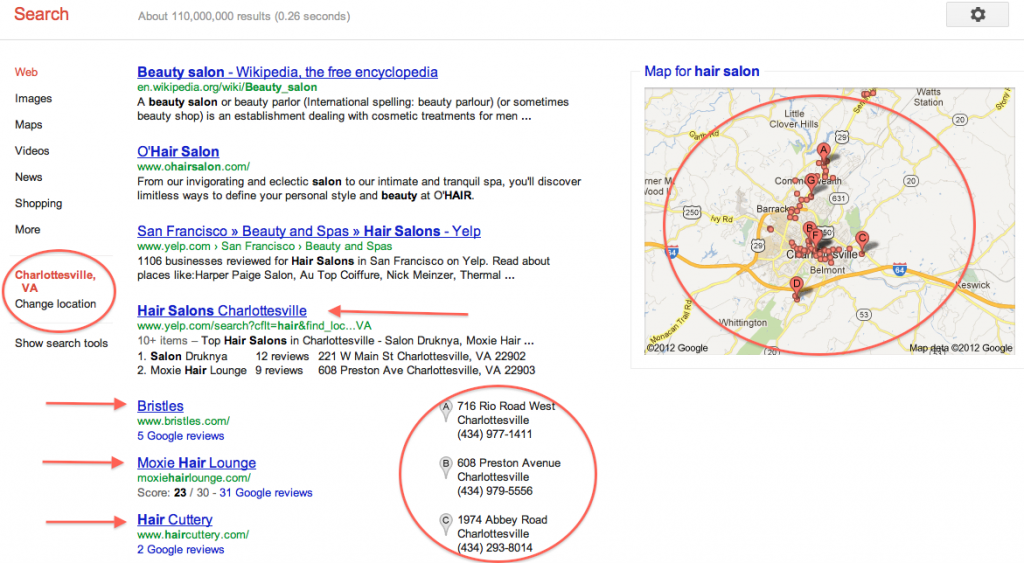
How Does Venice Update Benefit?
Small SMEs should benefit most out of the Google Venice update, gaining traffic from the more generic keywords from larger and more national business. Being a Google cynic makes me believe that Google is all too aware of this and hopes that the larger companies will have to leverage their organic efforts with paid.Before, Local SEO was all about including locations in Title tags and on page factors to capture anyone searching for related local terms. Unless someone searched for Doctors Surgery ‘in Southampton’ they would most likely have national results displayed.With this new change from Google you don’t even have to be logged into your Google account to have localized results returned to you.
Markup Your Address in Schema.
Google are really pushing this at the moment. They love Rich Snippets, and Schema is their chosen platform. You can use others but why go against what they are recommending.
By adding your address to microdata code you will be further highlighting to Google your location and relevance to that location.
Here is a basic example using one of Google’s addresses:
<div itemscope itemtype=”schema.org/PostalAddress”>
<span itemprop=”name”>Google Inc.</span>
P.O. Box<span itemprop=”postOfficeBoxNumber”>1234</span>
<span itemprop=”addressLocality”>Mountain View</span>,
<span itemprop=”addressRegion”>CA</span>
<span itemprop=”postalCode”>94043</span>
<span itemprop=”addressCountry”>United States</span>
</div>
Other Evolution in Search Engine are :-
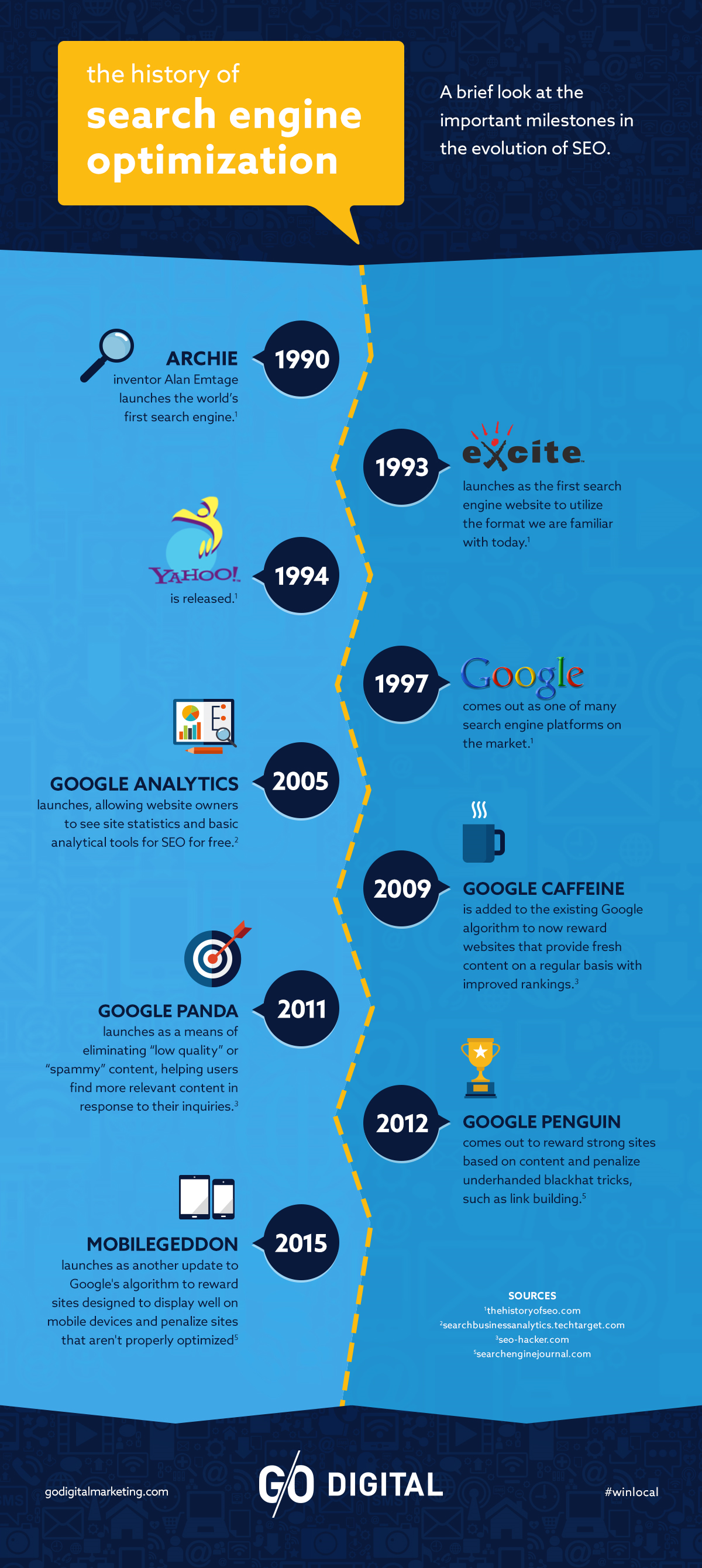
To conclude I would say that is is very important for an SEO practitioner to understand this evolution in Search Engine and he or she should make the strategies for Optimization keeping in mind this Evolution.Here is the video by Google to help understand the impact of Search Engine evolution.
Search Engine Marketing is one of the most important components of Digital Marketing. By complimenting SEO & Content Marketing, it gets you on top of Google. To understand the complete manner in which Search Engine Marketing can help you grow, enroll in our Search Engine Marketing Course.
Photo Credits: godigitalmarketing.com, tagseoblog.de, blog.algorithmia.com, googleblog.blogspot.in, seo-experts.gr, ebdesignerdepot.com
